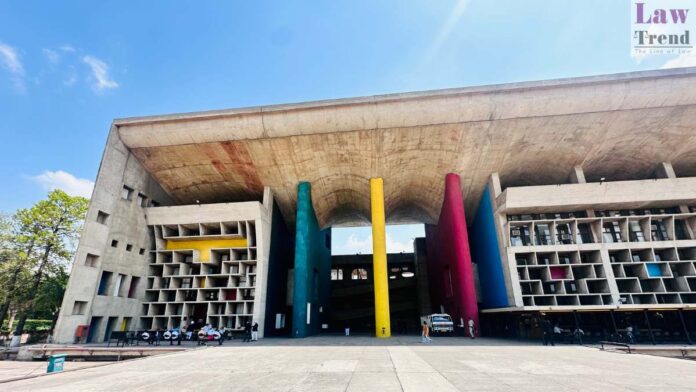In a recent significant judgment, the Punjab & Haryana High Court overturned a conviction for culpable homicide not amounting to murder under Section 304-I of the Indian Penal Code (IPC) and instead convicted the accused, Rajinder Singh, under Section 302 IPC for murder. The case, titled State of Haryana v. Rajinder Singh, was adjudicated by
To Read More Please Subscribe to VIP Membership for Unlimited Access to All the Articles, Download Available Copies of Judgments/Order, Acess to Central/State Bare Acts, Advertisement Free Content, Access to More than 4000 Legal Drafts( Readymade Editable Formats of Suits, Petitions, Writs, Legal Notices, Divorce Petitions, 138 Notices, Bail Applications etc.) in Hindi and English.




